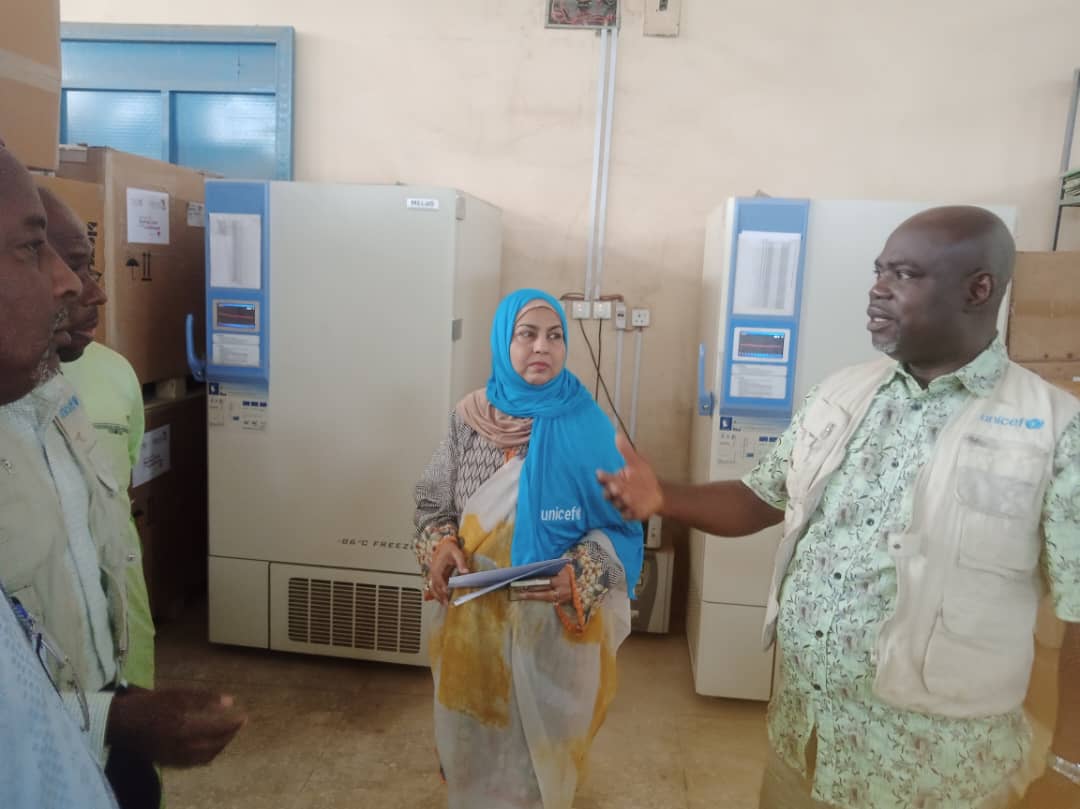Nigeria’s Liquefied Natural Gas (LNG) exports edged up in December 2021, compared with a year earlier and was the highest since September 2020,.
Specifically, the country exported 2.62 billion m³ equivalent of pipeline gas (2.04mn t of LNG) in December, up from 2.59bn m³ a year earlier and the highest since the 2.67bn m³ shipped in September 2020.
It was the most exported in 15 months, according to recent figures made available by the Joint Organisation Data Initiative (Jodi) quoted by Argus media.
On Tuesday, THISDAY reported that in spite of the much-talked-about renewed attention to the use of natural gas in boosting Nigeria’s foreign earnings, there was no significant growth in the country’s production level between 2016 and 2020.
The information was gathered from the latest report of the Nigeria Extractive Industries Initiative (NEITI), covering 2020. It revealed that the country produced more of the commodity when there was little focus on it compared to when dedicated programmes to expand its exploration and use gained national prominence.
Since the current administration took over the reins of governance, a number of programmes to reduce gas flaring and make it more available for use nationwide have been launched, while other initiatives to expand the growth of the commodity have taken centre stage.
But despite all the efforts, there was no marked growth in gas production during the period under review, even though gas utilisation increased in-country marginally.
During the five years under review, in 2016, Nigeria produced 3,051,249 mmscf of gas, followed by the highest production level in 2017, when the country did a total of 3,499,695 mmscf.
These production levels declined sharply in 2018, as Nigeria produced 2,909,144 mmscf for that year, recording a little improvement in 2019 to 3,047,507 mmscf and declined again to 3,013,640 mmscf in 2020.
Of the figures, Joint Ventures (JVs) produced 68.36 per cent as Shell , Mobil and Nigerian Agip Oil Company (NAOC) led the production from the arrangement.
The NEITI report stated that 114,781.44 mmscf that was, about four per cent was the total quantity of gas unaccounted for , based on the templates submitted by the 54 companies assessed.
But while total gas production decreased by 1.11 per cent between 2019 and 2020, the country’s total relative gas utilisation of the commodity rose to 3.90 per cent.
But the story appeared to have changed markedly in 2021, when LNG exports rose despite upstream output of 3.94bn m³ falling short of the 4.15bn m³ produced in December 2020. However, production was up from 3.55bn m³ in November and the highest since the 4.09bn m³ recorded in July the previous year.
The Argus report noted that slimmer domestic demand may have freed up more supply to be fed to the country’s 22mn t/yr Bonny Island liquefaction complex.
Nigerian gas use, according to the research firm, fell sharply to 33.5mn m³/d in December from 48mn m³/d a year earlier, after also falling short of a year earlier in the preceding three months.
But while in September-October the drop was entirely the result of slower power sector gas burn, residential and industrial consumption also fell in the last two months of the year, and far outstripped the drop in power sector gas demand in December.
Global LNG prices have risen sharply in recent months and have remained consistently above oil prices in energy equivalent terms since mid-2021. This may have reduced the incentive for associated gas producers such as Nigeria to reduce reinjections of gas into oil fields for enhanced oil recovery, the report said.
That said, Nigerian exports had remained weak in recent months despite LNG prices already reaching record levels, which encouraged producers to maximise utilisation rates at liquefaction facilities.
The country exported 27.7bn m³ of equivalent pipeline gas as LNG last year, down from 31bn m³ a year earlier, the report by the research firm noted.
Meanwhile, a number of European countries are pressuring Nigeria to ramp up its gas production and export to Europe, a source in the know told THISDAY yesterday.
Already, the Minister of State, Petroleum Resources, Mr. Timipre Sylva, was said to have held meetings with the countries which are desperately in need of more gas as the war between Russia and Ukraine rages on.
However, it was learnt that the capacity to increase production was almost non-existent, prompting Nigeria to call on the United States recently to invest massively in the country’s gas infrastructure before the request by the countries in Europe can be met.
“There’s serious pressure on Nigeria to increase production. The minister has already held meetings with two of such countries due to the war in Ukraine. Capacity is still low. So, Nigeria is calling on the United States to invest in our gas assets,” the source stated.
Follow us on:

















